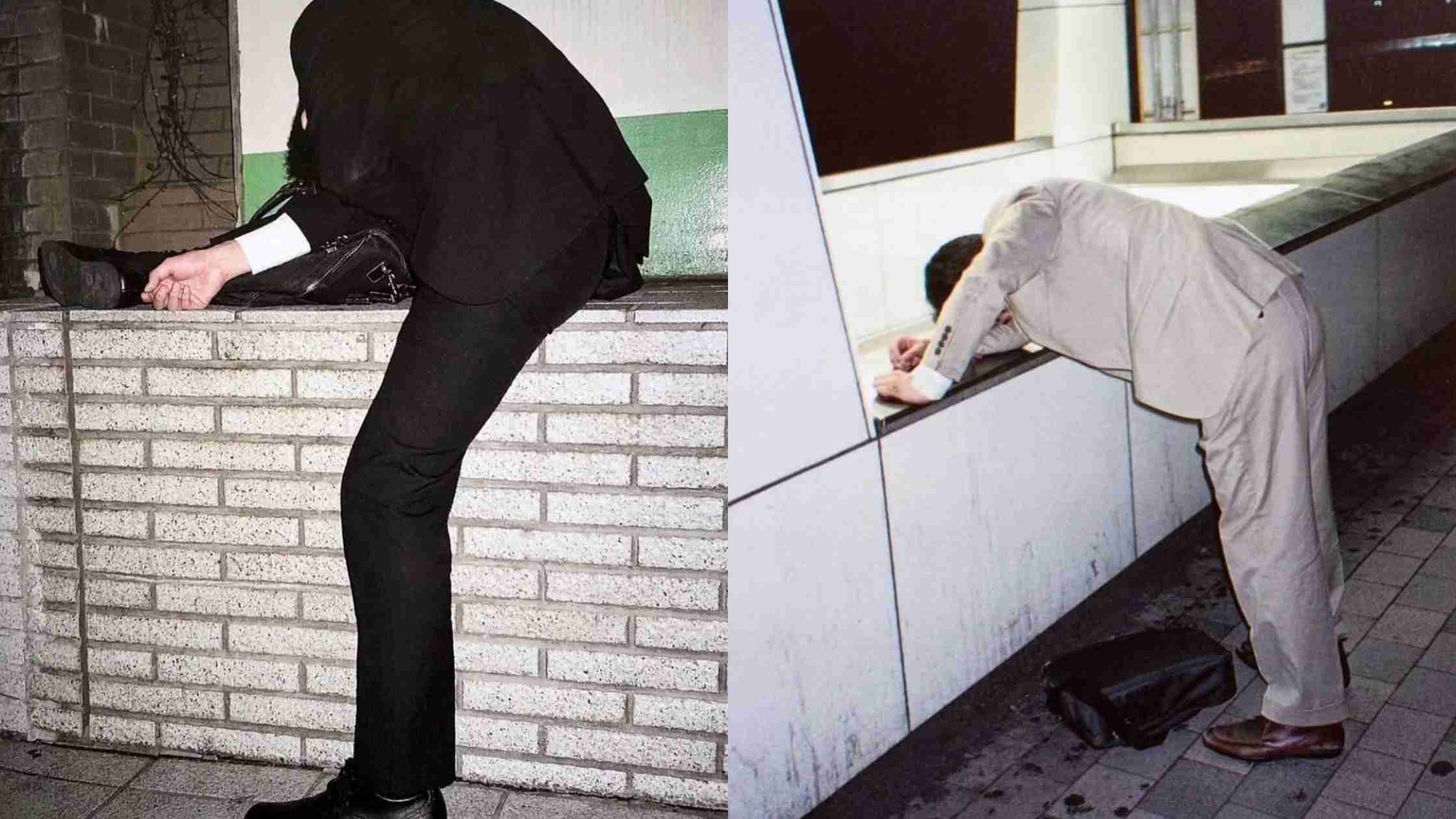The Nomikai Culture in Japan: Exploring Loyalty, Camaraderie, and the Pressure of Excessive Drinking
In Japan, business culture extends far beyond the confines of the office. One of the most significant and often misunderstood practices is the nomikai (飲み会), the tradition of after-work drinking sessions with clients, colleagues, and superiors.

For many, these gatherings are not just about enjoying a drink, but a critical part of building trust, fostering teamwork, and demonstrating unwavering company loyalty.
The Tradition of Nomikai: More Than Just Drinking
In Japan, saying no to a drink from a boss or senior colleague is almost unthinkable. Refusing a drink is seen as a direct affront to the hierarchical structure of the workplace and can even jeopardize one’s career.

In essence, nomikai is more than just an opportunity to unwind – it’s a social ritual deeply ingrained in the corporate world.
These drinking sessions often take place in izakayas (Japanese pubs) or other establishments where coworkers can bond and share personal stories in a relaxed atmosphere.
This social aspect of nomikai is crucial for building trust and solidifying relationships that can make or break professional success in Japan.
The Hidden Costs: Excessive Drinking and Long Work Hours
While the spirit of nomikai promotes camaraderie and unity, it also carries some heavy consequences. Japanese work culture is known for its grueling hours, with employees frequently working 12-14 hours a day.

Add after-work drinking sessions into the mix, and you have a recipe for extreme fatigue and excessive alcohol consumption.
The rise of inebriated salarymen – workers who often indulge in alcohol to excess – has become an unfortunate byproduct of this system. For some, these late-night drinking sessions are simply a way to cope with the pressures of an unforgiving work environment.
The phenomenon of salarymen drinking until they can no longer stand is a visual representation of the emotional and physical toll this culture can take.

The Human Cost: Balancing Loyalty and Well-being
The pressure to participate in nomikai can be overwhelming, especially for those who already feel the weight of Japan’s demanding work culture.
Balancing personal well-being with professional loyalty is a struggle that many workers face, leading to serious issues such as burnout, stress, and health problems due to excessive drinking.
It’s important to note that while nomikai has historically been a symbol of loyalty, there’s an increasing recognition of the need for balance. Many younger employees and forward-thinking companies are questioning the necessity of after-hours drinking as a measure of commitment.
Changing attitudes toward work-life balance and mental health are challenging traditional norms of Japanese business culture.
Is There a Way Forward?
While nomikai is likely to remain a central part of Japanese business life for the foreseeable future, there is growing awareness of its negative effects on individuals’ well-being.
In recent years, there has been a shift towards promoting more balanced approaches to after-hours socializing. Companies are encouraging employees to find healthier alternatives that foster team bonding without involving alcohol or excessive hours.
Some businesses are introducing sober networking events, where employees can bond over activities other than drinking.
This idea is gaining traction among younger generations, fostering a sense of teamwork and camaraderie without the pressure of alcohol consumption.
Conclusion: Tradition Meets Transformation
The nomikai culture in Japan serves as a fascinating lens through which we can understand the complexities of Japanese work life.
It highlights the delicate balance between loyalty and personal health, tradition and modern-day challenges.
While excessive drinking may be a concern, evolving attitudes toward work-life balance are paving the way for a more sustainable and health-conscious future.
As the landscape of business culture continues to shift, Japan’s workplace traditions will undoubtedly evolve, finding a way to honor both the deep-rooted loyalty of nomikai and the importance of well-being for all.




